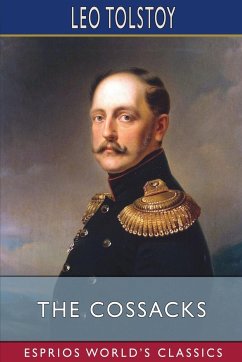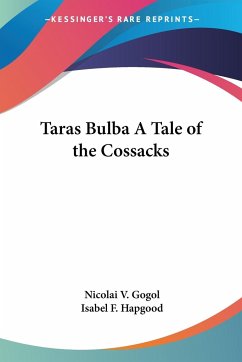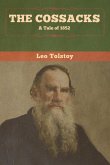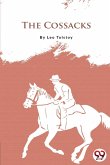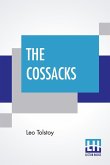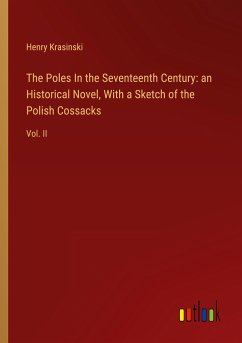The Cossacks is a short novel by Leo Tolstoy, published in 1863 in the popular literary magazine The Russian Messenger. It was originally called Young Manhood. Both Ivan Turgenev and the Nobel prize-winning Russian writer Ivan Bunin gave the work great praise, with Turgenev calling it his favourite work by Tolstoy. Tolstoy began work on the story in August 1853. In August 1857, after having reread the Iliad, he vowed to completely rewrite The Cossacks. In February 1862, after having lost badly at cards he finished the novel to help pay his debts. The novel was published in 1863, the same year his first child was born. The Cossacks is believed to be somewhat autobiographical, partially based on Tolstoy's experiences in the Caucasus during the last stages of the Caucasian War.
Hinweis: Dieser Artikel kann nur an eine deutsche Lieferadresse ausgeliefert werden.
Hinweis: Dieser Artikel kann nur an eine deutsche Lieferadresse ausgeliefert werden.

